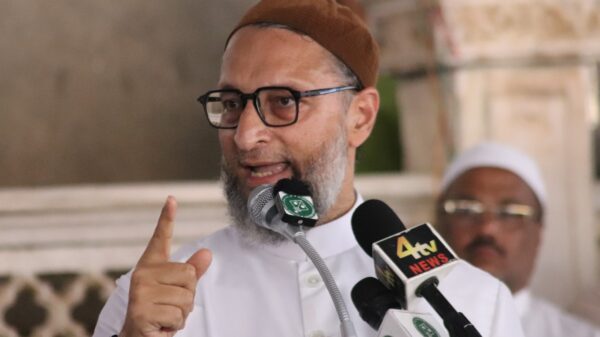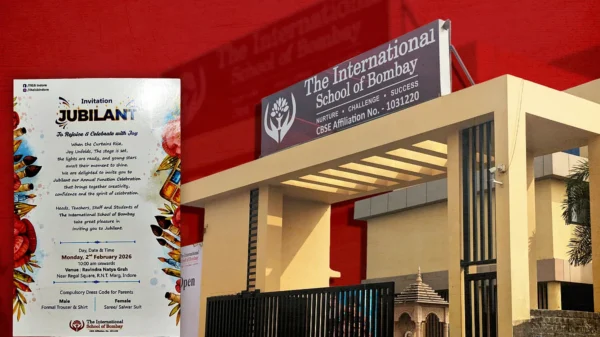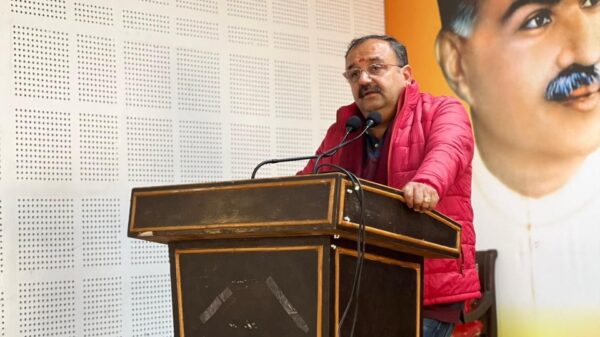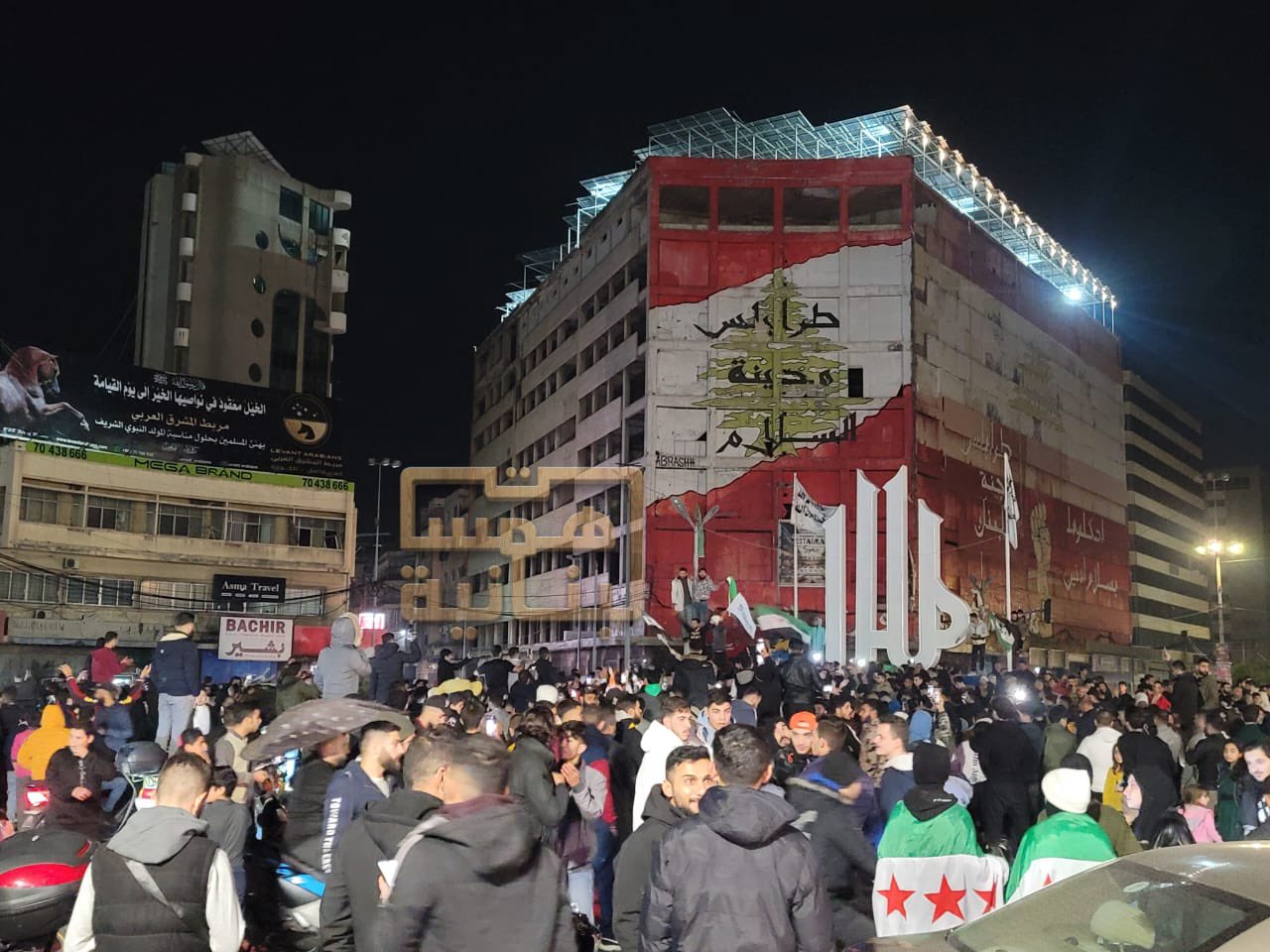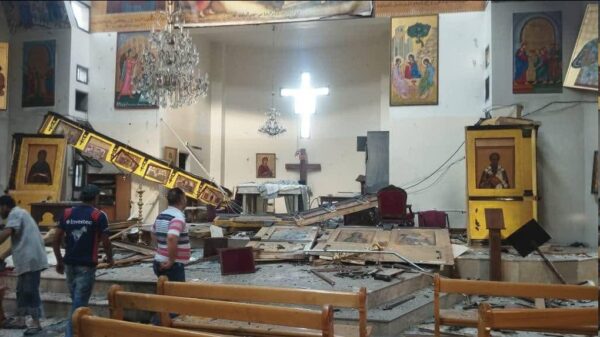Syrian President Bashar al-Assad has reportedly fled Damascus as rebels, led by the Islamist group Hayat Tahrir al-Sham, move into the capital. Prime Minister Mohammad Ghazi al-Jalali has indicated that the government is prepared for any transition of power, signaling a potential end to Assad’s regime.
AFP reports that Syria’s army and security forces have abandoned key positions, including Damascus International Airport, as part of the rebel advance. A source close to Hezbollah, a major ally of Assad, confirmed that Hezbollah fighters have also left their positions around the capital. This follows Hayat Tahrir al-Sham’s announcement of their forces entering the city, marking the end of what they call the “era of tyranny.”
The rebel group also declared the fall of Sednaya prison, known for its brutal treatment of detainees under the Assad regime. The group’s advance follows the capture of the strategically important city of Homs, though the Syrian defense ministry denied the claim, maintaining that Homs remains “safe and stable.”
The announcement of the rebel advance has caused panic among residents in Damascus. AFP reported traffic jams, long queues at ATMs, and widespread fear as citizens scrambled for supplies and to withdraw money. One woman described the sudden change, saying the situation felt completely different when she left her home that morning. In a Damascus suburb, protesters reportedly toppled a statue of Hafez al-Assad, the late father of Bashar al-Assad.
Hezbollah, which has long supported the Assad regime, has ordered its fighters to withdraw from the Homs area, with some heading to Latakia in Syria and others to Hermel in Lebanon.
Iraq has allowed hundreds of Syrian soldiers to cross the border, reportedly fleeing from the front lines. The number of soldiers is estimated at around 2,000, including officers, according to Iraqi security sources.
The potential fall of the Assad regime caps more than a decade of conflict that began as a peaceful uprising against President Assad in 2011 and escalated into a full-scale civil war, causing immense devastation. The rebellion has now reached its final stage, with key allies of Assad, including Hezbollah and Iran, distracted by other conflicts, such as the Israel-Hamas war and the ongoing war in Ukraine. This has left Assad vulnerable to the renewed rebel offensive.
Global powers are expressing concern over the situation. US President-elect Donald Trump posted on Truth Social, advising the US to “not get involved” in Syria. Russian Foreign Minister Sergey Lavrov condemned the takeover of Syrian territory by “terrorist groups” and reaffirmed Moscow’s commitment to supporting Assad. Meanwhile, Turkish President Recep Tayyip Erdogan remarked that Syria has “had enough of war, blood, and tears,” reflecting the war-weariness in the region.






